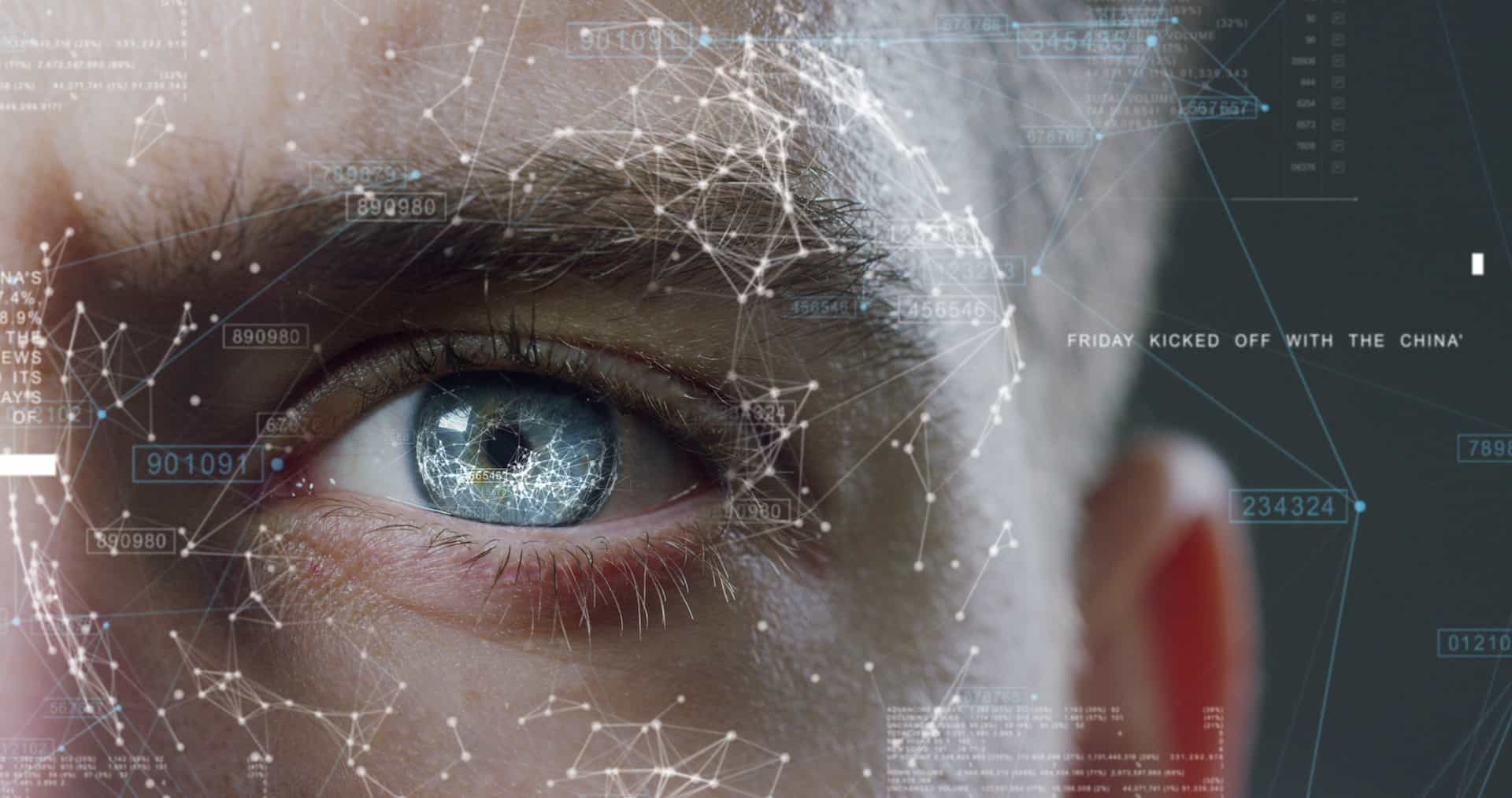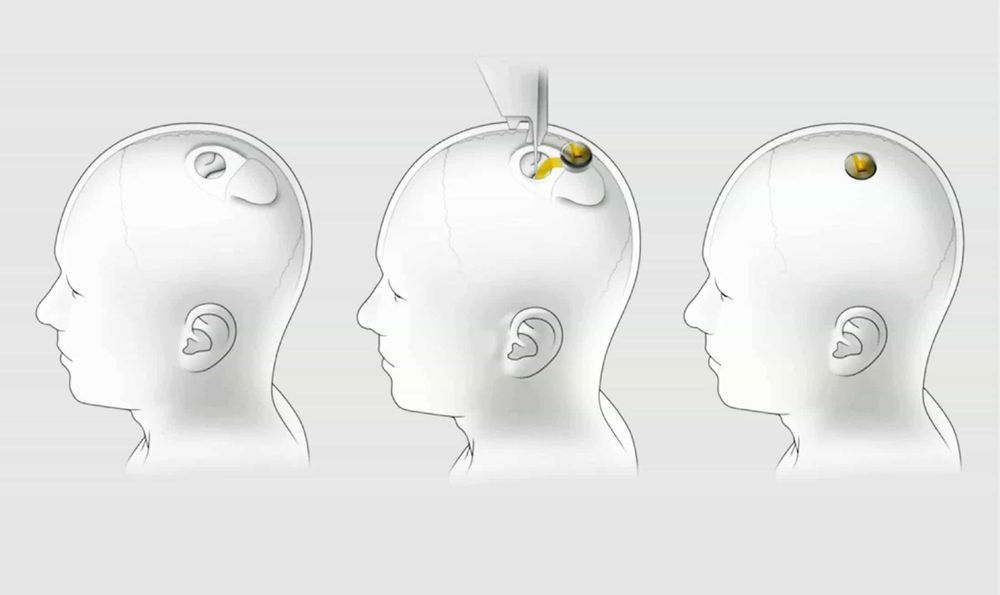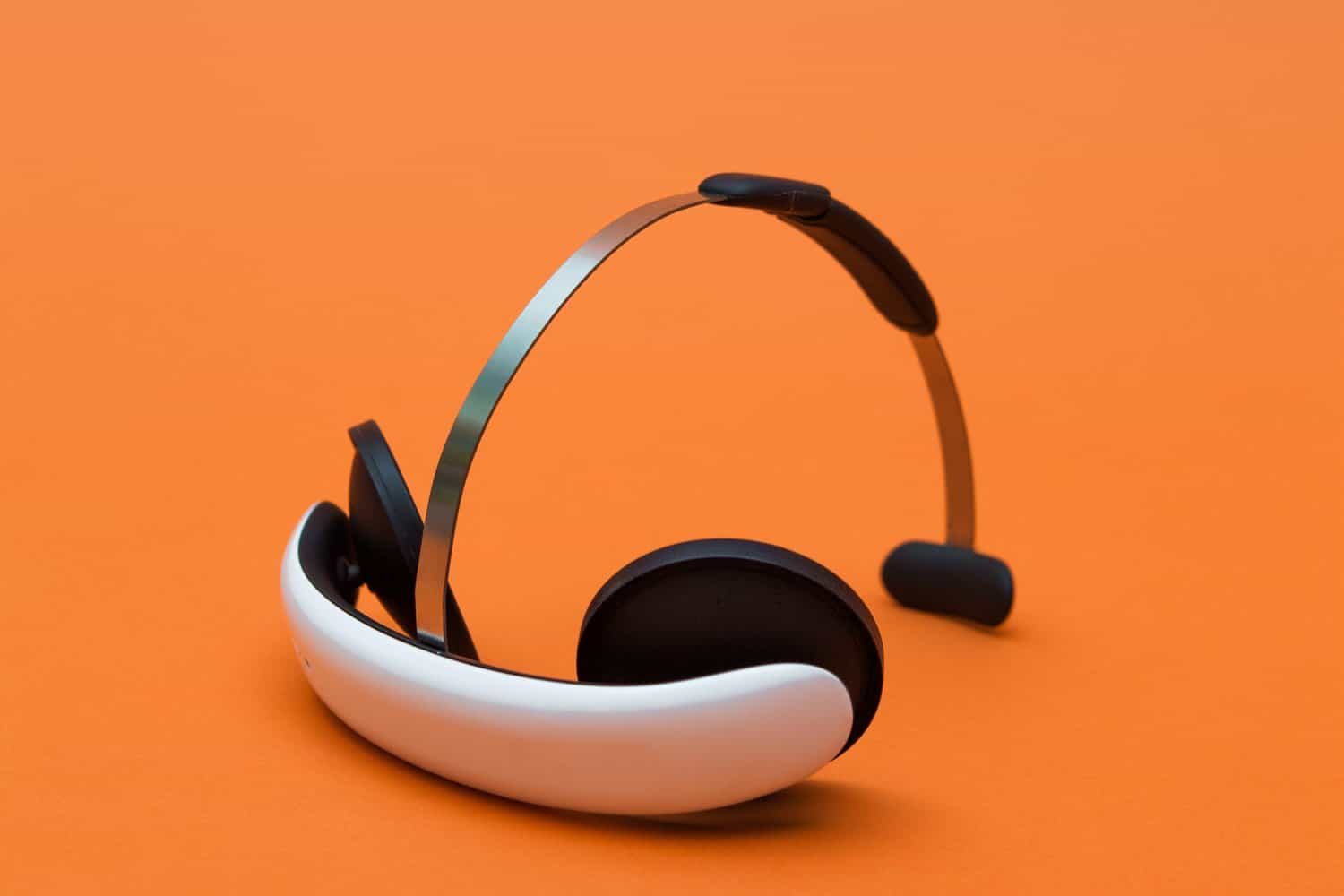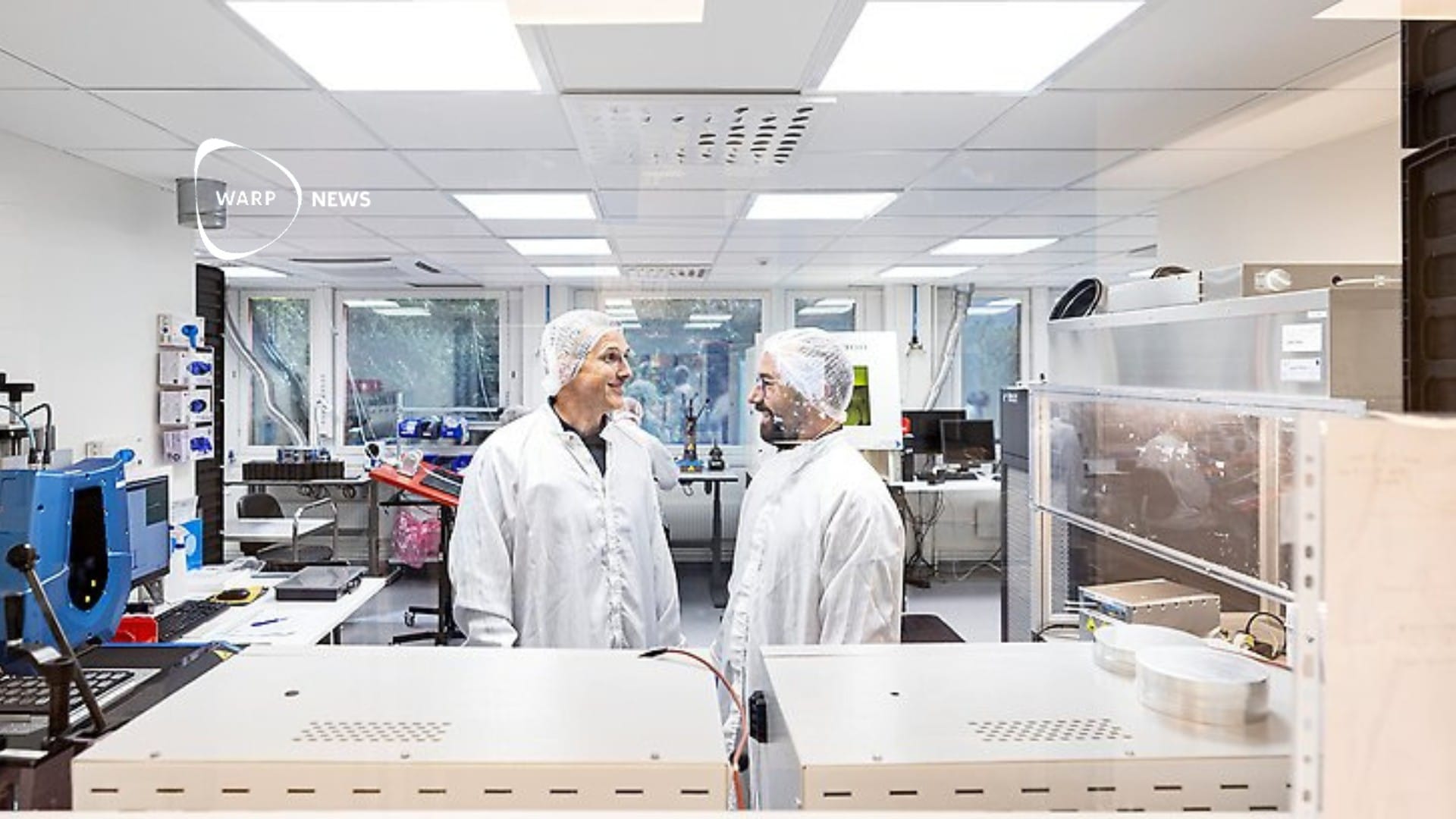
🧠 The Cyborg Race is on – Musk not the only one connecting peoples brains with machines
Elon Musk's Neuralink has competition. British BIOS, German CereGate, and Swiss Mindmaze are just some of the European companies that are all working brain-machine interfaces.
Share this story!
This summer, when Elon Musk held a press conference on how his company Neuralink had developed, he could proudly show off their latest implant LINK V0.9, barely larger than a coin, which had been surgically inserted in live pigs. The pigs showed no noticeable limitations or side effects.
He also presented the automated surgical robot that can perform the procedure, which takes about an hour, without any bleeding on the brain when the wires are connected.
While Elon Musk was closely watched by global media, it is less known that European companies also work to improve people's lives and health with similar technology. The only difference is that they have come a long way!

Europe has a long tradition of connecting people and machines and is recognized internationally. Among other things, Karolinska Institutet in Stockholm is involved in financing a number of start-up companies, all of which work to improve people's lives with the help of technology.
With the help of new technology, especially those that can help restore nerve connections in the brain, researchers hope that they will be able to cure or restore diseases and injuries that were previously considered incurable. Parkinson's, Crohn's disease and diabetes are all due to the fact that certain connections between the brain and the various organs have stopped working. If these could be restored, it would mean a fantastic boost for humanity.
The race for the human cyborg is thus already in full swing. Although Musk's presentation with implants in live pigs was impressive, the British company BIOS had already in 2017 performed experiments on pigs and will therefore begin human experiments as early as next year.

German CereGate has conducted a pilot study at clinics in Freiburg and Budapest. The company is developing software that, among other things, can be used for rehabilitation after a stroke and help Parkinson's patients who have difficulty walking.
Swiss Mindmaze is one of several players working with non-invasive solutions. Here, the skull does not need to be opened and electrodes attached to the brain. They also work with solutions for Alzheimer's, Parkinson's, stroke and dementia.
In the struggle between man and disease, the race that is now going on is therefore fantastic. Regardless of who comes first, it will mean a huge boost in terms of human well-being and reduced suffering.
By becoming a premium supporter, you help in the creation and sharing of fact-based optimistic news all over the world.


